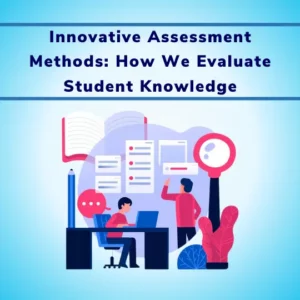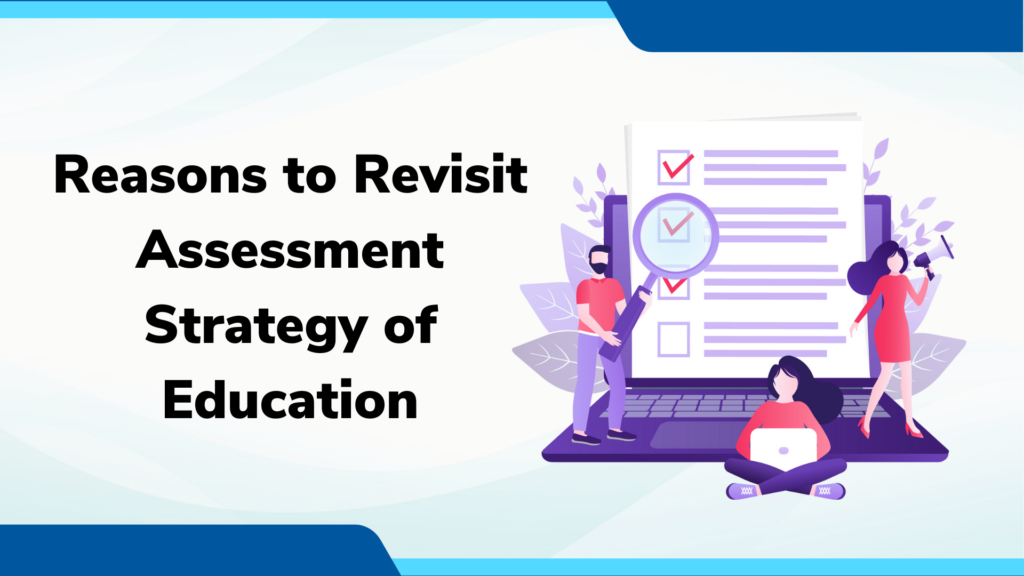
Article Contents
Introduction
The year 2024 has seen a drastic change in the education sector. This year has witnessed a paradigm shift in the approach of academics in the methods of teaching and learning.
The importance of the year 2023 is further highlighted by the fact that while 2022 was an online education-oriented year, 2023 was a ‘Hybrid education ‘-oriented year, which is setting up a new trend in the field of education.
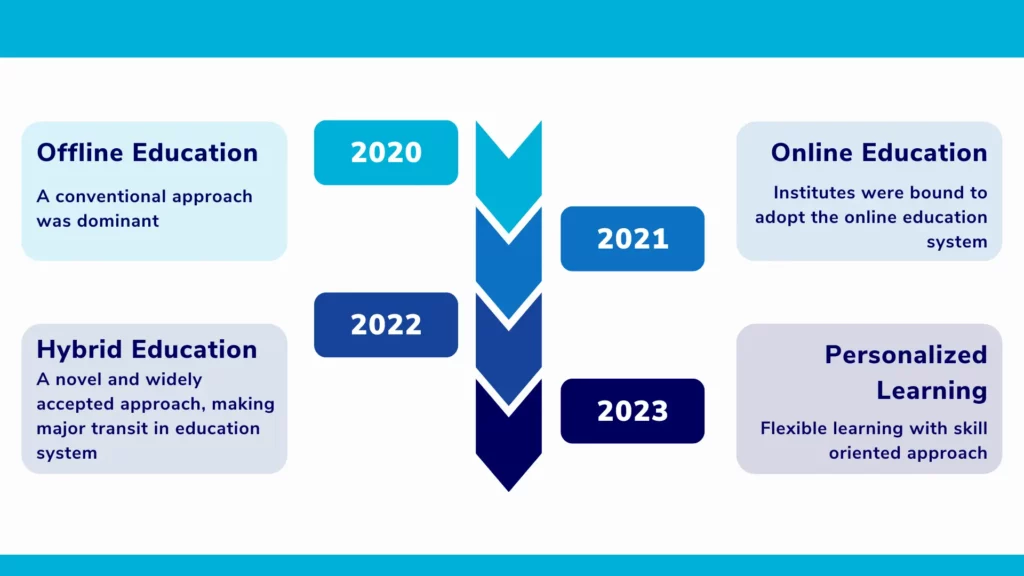
Apart from hybrid education, the year 2023 has witnessed a significant rise in demand for personalized, skill-based courses, and flexible learning. All these factors together have led us to rethink the way we evaluate the concept of understanding the candidate.
Here are the 7 reasons why you should revisit your assessment strategy in 2024:
1. Knowledge is freely available, and application-oriented learning and assessment are the keys in 2024
The internet has opened the door to unlimited content, in 2022, institutes worldwide focused on creating an online knowledge base that has expanded their presence across online platforms. When the knowledge is available at such a large scale students need to narrow down the learning area and learn concepts that can be applied.
In 2024, the academicians need to revisit the assessments making them more application-oriented. Down the line, knowing the concept but not applying it won’t fetch any outcome. Application of concept is a skill in itself, and 2024 demands such assessments which not only assess the concept but application skill as well.
2. Personalized learning will play a dominant role in the education sector, and personalized assessments are inevitable
One size doesn’t fit all, while the education sector was focusing on serving the same academic modules to all the students of the same class, the scenario is now changing, and personalized learning will be the preferred approach in the year 2024. Personalized learning is finding its acceptance among GenZs who predominantly focus on their uniqueness, which has raised the demand for personalized learning.
On the same note, it is a must for academicians to make sure that the assessments are aligned with the modules learned by the students, which will shape an approach to personalized assessments.
Personalized assessments do not necessarily mean that the question paper would contain questions from different topics, but also means that the different questions may be shown to each of the candidates from the available set, and the questions of different difficulty levels are shown to the student as per their knowledge progression.
Imagine a classroom where every student gets a learning experience that fits them perfectly. That’s what we’re talking about when we say “personalized learning,” and one great way to do this is with interactive AI. Here’s how it works: students sit with a computer that shows them questions based on real-life situations. Then, the AI kicks in, asking more questions that dig deeper, kind of like a friendly detective.
The student types in their answers, and the AI, like a smart teacher, reads these and comes up with even trickier questions. It’s like a conversation where the AI is trying to really understand how the student thinks. With each answer, the AI learns more about the student and figures out what to ask next.
In the end, the AI gives feedback that’s just for that student, based on how they answered. It’s not just a score; it’s advice tailored just for them, thanks to the clever AI that can think up questions on the spot. This way, every student can learn in a way that’s best for them.
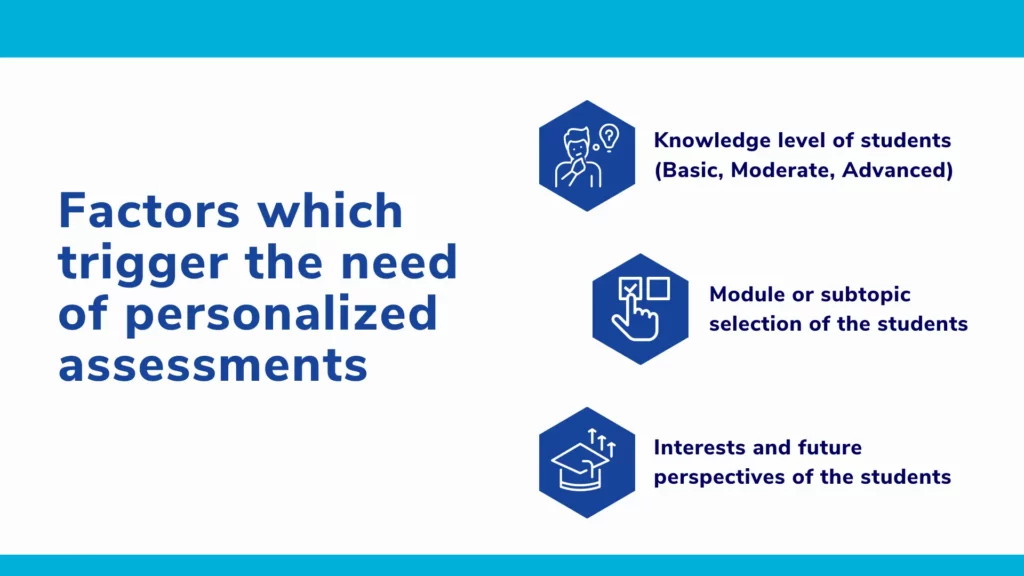
3. A large number of professionals are opting in for online courses, making it necessary to design assessments with a flexible schedule
No wonder students at any level of education prefer to learn more than one thing, may it be a concept, subject, or skill, the major reason for this being students, who want to explore unexplored areas and skill sets.
The same is the case with working professions, the dynamic work requirements and professional growth-seeking mindset are making working professions opt in for flexible learning programs. This has brought up the need to design assessments that can be flexible.
These professionals and students prefer to learn at their own pace rather than learning in groups to manage their schedule efficiently, this further highlights the importance of assessments with a flexible schedule.
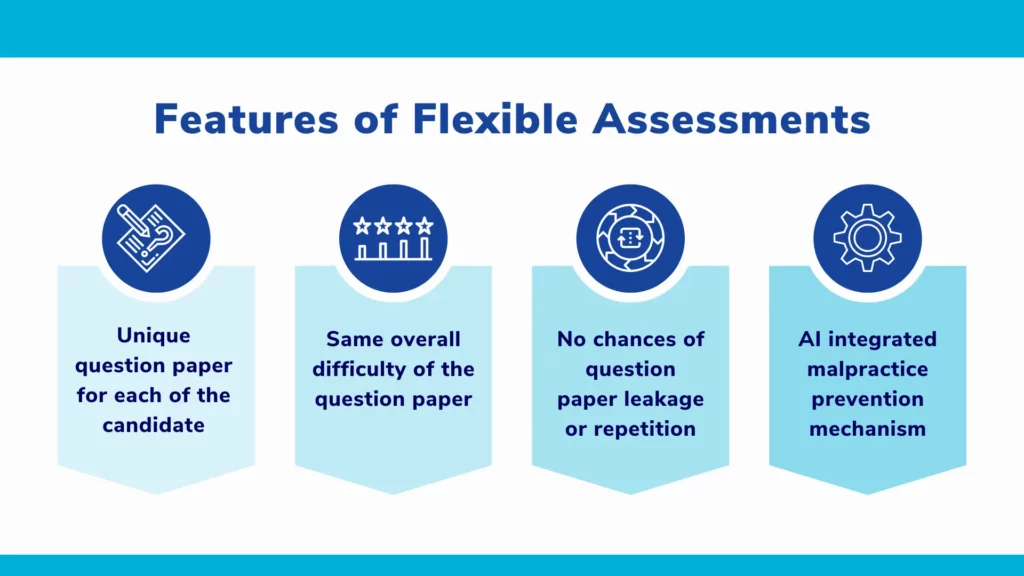
4. Skill-oriented assessments are the need of the hour
As professionals and students are becoming more skill-oriented, the courses are being designed in such a way that the need for skill development is met. In 2024, it will be of prime importance to assess the skill through assessments. As the current assessments majorly focus on memorization of formulae and concepts, it will be a must for academicians to revisit how the assessments are designed.
Examples of skill-oriented assessment include-
- Communication skill assessment (Verbal and written)
- Technical problem-solving/debugging
- Programming/coding test
- Technical writing tests
On the brighter side, in 2024, the technology will be readily available to support all the mentioned assessments, such as coding and communication skill assessments.
Further readings for Skill Assessments–
Bulk audio-based interviews to assess communication skill
How a multinational company streamlined skill-based assessment
5. Thlearnerrs base is doubled up, and the approach of students and professionals will be focused on continuous and parallel learning in the year 2024
With the mandate of UGC, the students are now allowed to pursue two full-time degree courses at a time, this will disrupt the education sector in 2024, and the volume of learners will go very high, close to double what it currently is.
Students who are pursuing such courses would want exposure to the practical aspects of the course. They would focus more on acquiring skill-oriented knowledge which can make them employable.
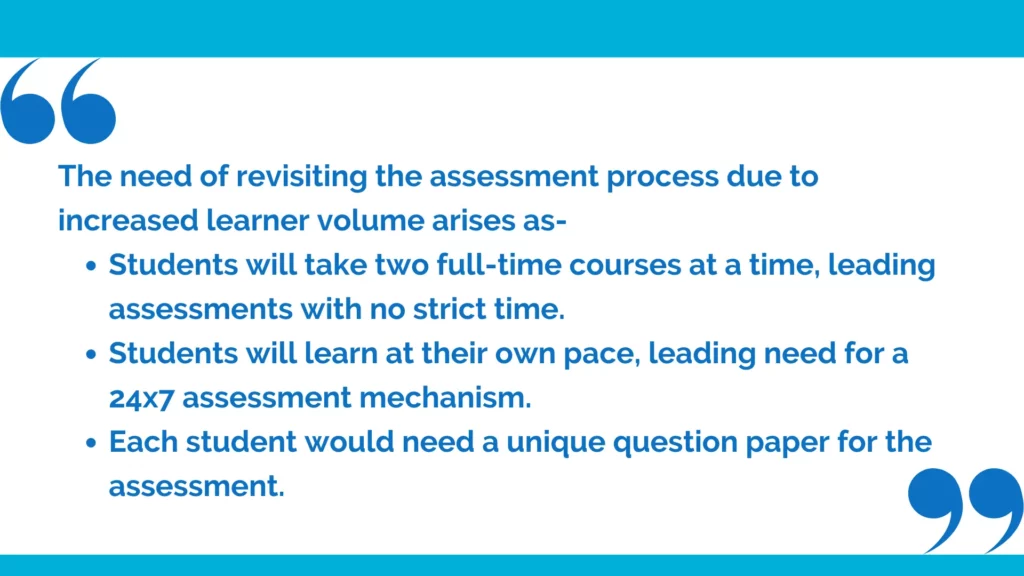
6. Online practical and viva examinations would be preferred by candidates
It is a common understanding that the practical examinations need the physical presence of the candidate at the exam centre, but that won’t be the case in the upcoming times. Online practical exams might not be possible in all cases but can be implemented in certain cases where the online examinations would be more efficient.
For example, in case, an academician wants to conduct the end-of-the-year Python practical examination, an online practical examination would be more efficient and fast. The online assessment systems are capable of storing compiling and executing these codes.
Here is how you can conduct-
7. Significant use of Open Book Tests (OBTs) will raise high
With changing methods of teaching and learning, we are all changing our focus from memorizing the text and formulae to understanding and applying the concepts learned. Open Book Tests have been conducted in institutions worldwide for decades, but the significance of these tests is surely going to increase in 2024.
Academicians must opt-in for Open Book Tests to make students learn better and assess their understanding more efficiently.
Conclusion
The year 2024 will be a turning point for the way we learn, and academics will need to adapt their assessment strategies to reflect this change. The transition may be difficult and time-consuming, but technology can help make assessments more compatible to match the needs that the year 2024 demands.


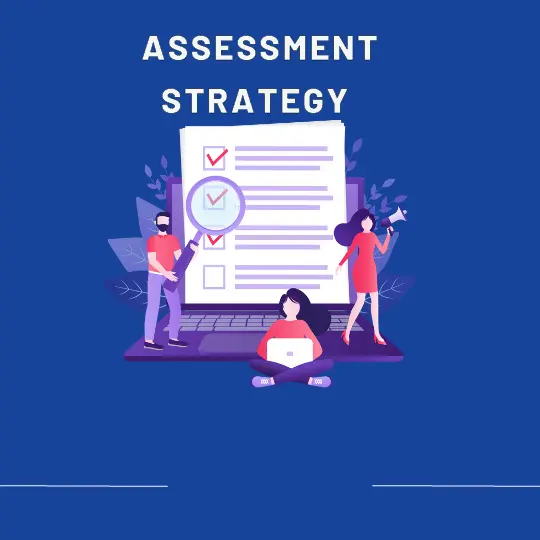
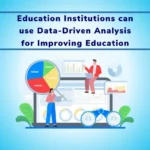
![How Government-Led Exams at 250+ Locations Are Setting New Standards of Integrity [Case Study]](https://www.eklavvya.com/blog/wp-content/uploads/2024/04/Enhancing-Exam-Integrity-Government-Certification-in-250-Locations-150x150.webp)
![Transforming Central Govt. Exams Evaluation: How Onscreen Marking is Leading the Charge [Case Study]](https://www.eklavvya.com/blog/wp-content/uploads/2024/04/How-Onscreen-Marking-Revolutionized-Central-Govt-Exams-Case-Study-1-150x150.webp)
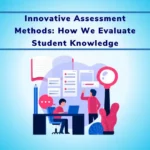
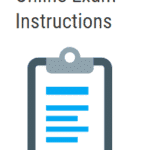

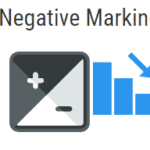









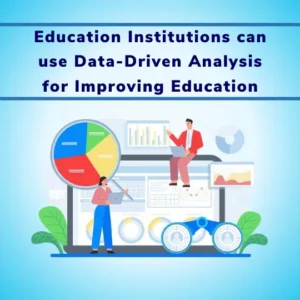
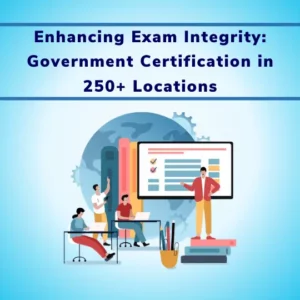
![How Onscreen Marking Revolutionized Central Govt Exams [Case Study]](https://www.eklavvya.com/blog/wp-content/uploads/2024/04/How-Onscreen-Marking-Revolutionized-Central-Govt-Exams-Case-Study-1-300x300.webp)
